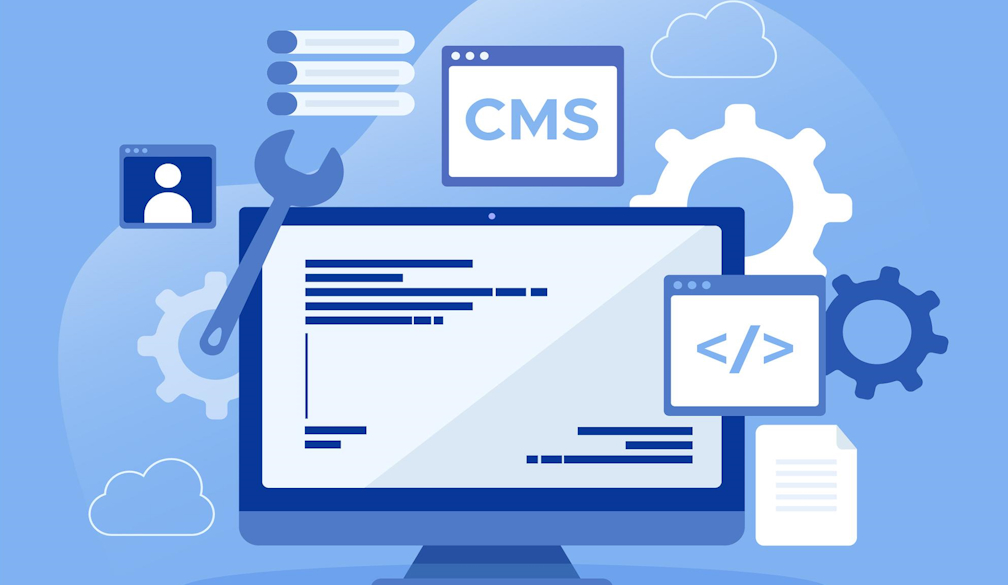Exploring different Content Management Systems for webshops

In the digital era, having a well-designed and user-friendly webshop is crucial for businesses looking to thrive online. One of the key components in building a successful webshop is selecting the right Content Management System (CMS). With numerous options available, it can be overwhelming to determine which CMS suits your specific needs. In this article, we will explore various types of content management systems for webshops, highlighting their features, advantages, and limitations.
-
Open-Source CMS
Open-source CMS platforms are widely popular due to their flexibility, cost-effectiveness, and extensive community support. They allow users to freely modify and customize the system according to their requirements. Some of the most popular open-source CMS options for webshops include:
a) WordPress: Originally known for its blogging capabilities, WordPress has evolved into a versatile CMS suitable for webshops. Its vast array of plugins and themes, combined with its user-friendly interface, make it a popular choice. However, customization options may be limited compared to other CMS platforms specifically designed for e-commerce.
b) Magento: Renowned for its robust e-commerce functionalities, Magento offers a comprehensive set of features for webshops. Its scalability, multi-store capabilities, and extensive customization options make it ideal for businesses of all sizes. However, Magento's steep learning curve and resource-intensive nature may require technical expertise and substantial hosting resources. That is why many entrepreneurs opt for Magento support to scale up their business in an effective way.
c) WooCommerce: Built as a WordPress plugin, WooCommerce provides a seamless integration of e-commerce functionalities into WordPress websites. It offers a user-friendly interface, an extensive library of plugins, and customizable themes. However, for larger webshops with complex requirements, WooCommerce may not provide the same level of scalability as dedicated e-commerce CMS platforms.
-
Proprietary CMS
Proprietary CMS platforms are developed and owned by specific companies. They often offer a range of features tailored specifically for e-commerce, providing a more streamlined and dedicated solution. Some notable proprietary CMS options for webshops include:
-
Headless CMS
Headless CMS platforms decouple the front-end presentation layer from the back-end content management system, allowing for greater flexibility and customization. This architecture enables businesses to deliver content to multiple channels and devices seamlessly. Notable headless CMS options for webshops include:
a) Contentful: Contentful provides a modern and flexible approach to content management. It offers a robust API-first architecture, allowing for easy integration with various front-end frameworks. Contentful's headless nature makes it ideal for webshops requiring personalized and dynamic content delivery. However, its pricing structure may be more suitable for larger businesses.b) Prismic: Prismic is a user-friendly headless CMS platform that empowers businesses to deliver content across different channels. It offers an intuitive interface, content versioning, and easy integration options. While Prismic is suitable for webshops with basic content management needs, it may lack some advanced e-commerce functionalities compared to other CMS platforms.
Selecting the right content management system is crucial for the success of your webshop. Each CMS type has its own advantages and limitations, and the choice ultimately depends on your specific requirements, budget, and technical expertise. Thorough research and careful consideration will help you find the perfect fit for your webshop's needs.







